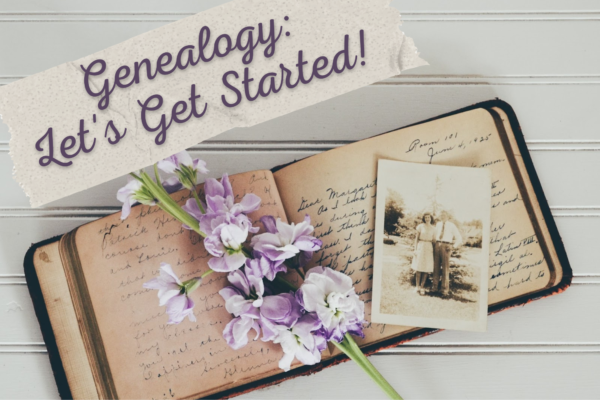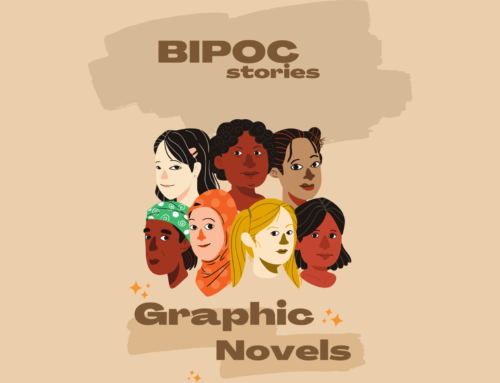
Genealogy (noun, “GEE-knee-ALL-oh-gee”):
1 : an account of the descent of a person, family, or group from an ancestor or from older forms.
2 : regular descent of a person, family, or group of organisms from a progenitor or older form : pedigree.
3 : the study of family ancestral lines.
Genealogy is the study of family descent — how one generation is related to the next. The purpose of genealogy is to help people define their family tree and discover their heritage by tracing lineage and exploring historical context through generations of family.
Genealogists work by mapping family trees. Tree “branches” help track who is related to whom and can be constructed by searching through birth, marriage, death, and census records, as well as historical documents, such as baptism certificates, yearbooks, newspapers, obituaries, etc. Technology can also play a role in tracing lineage. People can have their DNA analyzed to provide clues on their ethnicity and possibly decipher from where in the world their families may have originated. Some DNA screening companies even go so far as to help people find missing relatives.
Your public library is an excellent place to start if you want to learn about your family history. The Charles County Public Library webpage provides free access to the Library Edition of Ancestry.com – ProQuest (access is available inside the library ONLY!). Also, be on the look out for our Genealogy Take and Make starter kits. The kit will contain all you need to help you begin your journey. Good luck!





